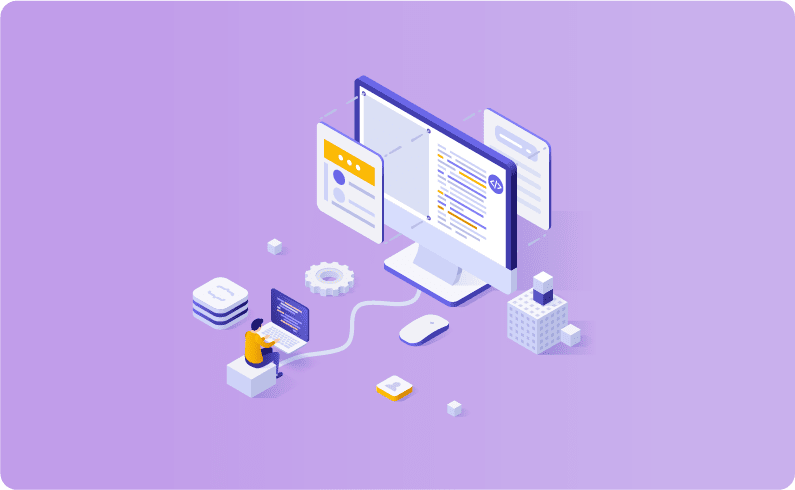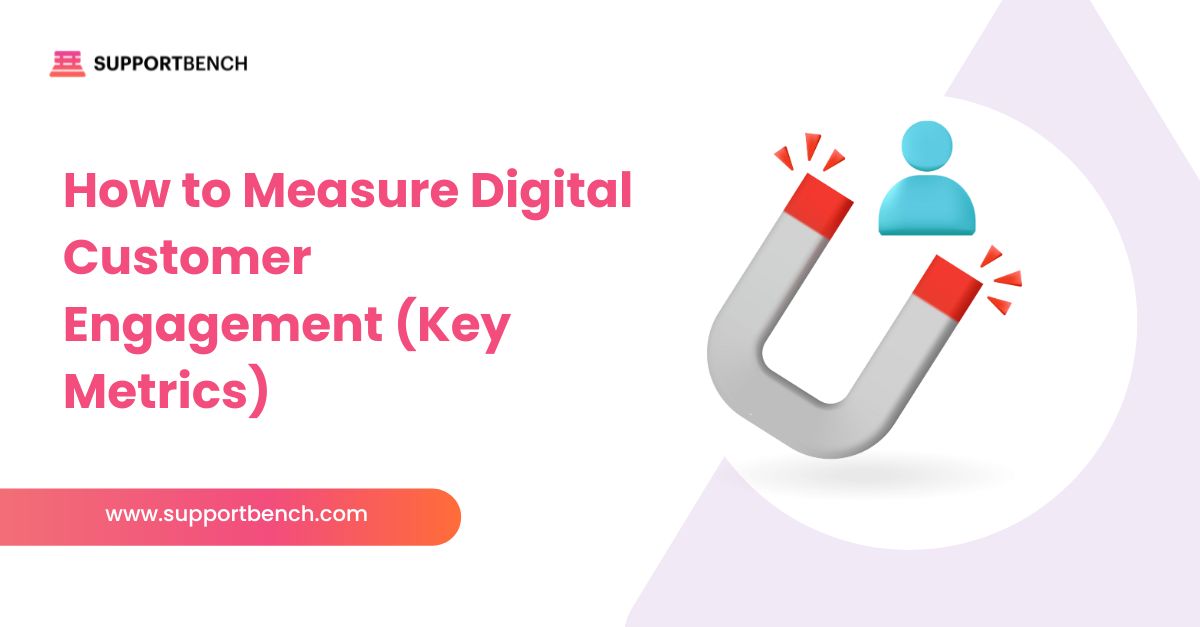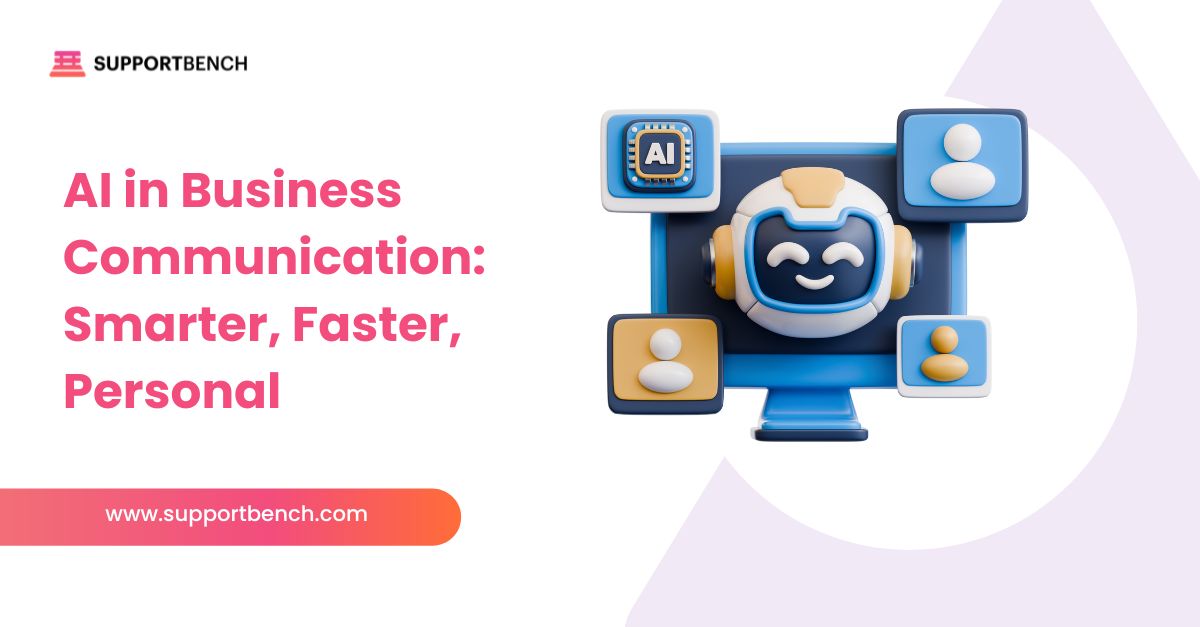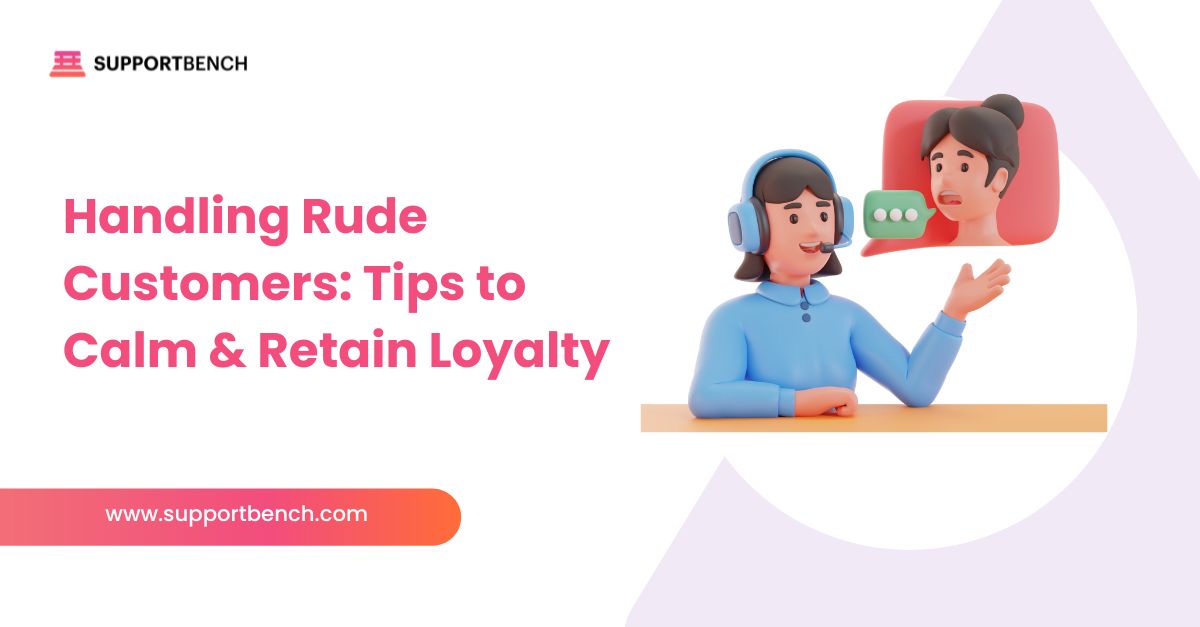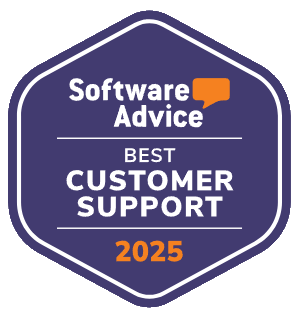As the need for power grows, so does the demand for companies that can provide it. Generating power is a capital-intensive industry, meaning that smaller players have a harder time breaking into it. Bigger players have an easier time raising capital and gaining trust among potential investors, giving them an edge when it comes to expanding their operations. If you are a power generation company reading this, your primary concern is not getting outbid on projects by larger competitors. To stand out from the crowd and lower your costs, you need to streamline your supply chain using a ticketing system. This will help you manage all stages of procurement – from the initial request for proposal (RFP) process to final delivery and invoicing – which will reduce your overhead costs and enable you to compete against larger companies more effectively.
What is a Ticketing System?
A ticketing system is a software platform that helps companies manage their procurement processes. Ticketing systems are often integrated with other business systems, such as CRMs. And they come with a wide range of features designed to help business owners save time and improve their vendor relationships. Traditionally, purchasing departments would use a ticket system to track purchases. When someone in the business needed something, they would go to the purchasing department and write a ticket. The purchasing department would then track the progress of the ticket. They would do this to make sure everything ran smoothly and everyone knew who was doing what and when. Today, businesses are implementing similar systems, but they’re calling them ticketing systems. This is because ticketing systems do so much more than just track purchases.
Why Are Vendor Relationships Important?
Procurement is one of the biggest costs that most businesses face. And while businesses can’t control the price of their raw materials, they can control their procurement costs. And that’s where the importance of vendor relationships comes in. The better your vendor relationships are, the more likely those vendors are to give you special rates. That’s because vendors want to keep customers who make their lives easier. And when you take the time to cultivate good vendor relationships, you’re making their lives easier. When vendors know that you’re the kind of customer who makes things easy, they’ll reward you. And when you’re rewarding your vendors with large purchases, you’ll have the power to negotiate better rates. This will help you reduce your procurement costs.
What Can a Ticketing System Do for Power Generation Companies?
As we’ve discussed, a ticketing system is a software platform that helps companies manage their procurement processes. And while it’s important to have a ticketing system in place, it’s just as important to choose the right one. There are many ticketing systems on the market. And many of them will fit your business. However, there’s no one ticketing system for all businesses. Businesses need to find the ticketing system that best fits their needs. Here are some of the ways a ticketing system can help power generation companies optimize their vendor relationships. – Save Time and Increase Efficiency – When business owners purchase a ticketing system, they’re investing in their future. They’re investing in a future where they spend less time on administrative work and more time on the work that actually matters. When ticketing systems are optimized, they make administrative work faster and easier. This means that business owners can spend less time on repetitive tasks and more time doing the work that truly matters. – Improve Collaboration – One of the best things about ticketing systems is that they encourage collaboration among employees. This is because when everything is in one system, collaboration is easy. When ticketing systems are optimized, they allow different departments to work together. This means that sales, marketing, and finance employees can work together to negotiate the best deals with vendors. – Reduce Risk – OK, risk isn’t something that you can measure and track. But it’s still something that businesses should be wary of. When businesses don’t have a ticketing system in place, they’re more likely to experience issues with procurement. This can cause problems with cash flow, regulatory compliance, and more. By investing in a ticketing system, businesses reduce the amount of risk associated with procurement. This helps businesses avoid issues that could disrupt their entire operation.
3 Tips to Optimize Your Vendor Relationships Using a Ticketing System
Create Strong Processes
When you use a ticketing system, you have an opportunity to design your processes from scratch. You can design your processes to maximize efficiency while minimizing errors. You can also use the system to track your progress. When ticketing systems are optimized, they make it easy to record core business processes. And when you record your core business processes, you have an easy way to document them. This means that you have an easy way to train new employees.
Manage Vendor Relationships
When you have a ticketing system in place, you have a foolproof way to manage vendor relationships. This means that you can easily follow up with vendors, track progress, and escalate issues if necessary. When you buy from vendors, you want to maintain healthy vendor relationships. And you want to manage those relationships so that they’re mutually beneficial. When you have a ticketing system in place, you can easily follow up with vendors. You can easily let them know what you need from them and when you need it by following their progress through the system. This is a simple way to manage vendor relationships and drive value from them.
Optimize These Vendor Relationships
When you use a ticketing system to optimize your vendor relationships, you’re taking a huge step towards improving your business. A ticketing system is a one-stop shop for procurement. And when it’s optimized, it can save you valuable time and money. It can also help you make smarter decisions.
Assign Partners and Vendors to Tickets
If a vendor is responsible for providing the items on your ticket, you should clearly indicate this on the ticket. You should also specify the type of ticket (e.g. purchase, return, etc.) so that both parties know what their responsibilities are. A ticketing system enables you to assign a unique ticket number to each order. You can also set up workflow rules to determine which ticket is assigned to an item when more than one ticket is attached to it. This will help you organize your business and make it easier to search for particular transactions. In addition, a ticketing system will allow you to attach documents to a ticket, such as RFPs, purchase orders, and invoices. This will allow you to track the progress of each item included on the ticket and provide proof of the transaction if necessary.
Monitor Compliance & Risk with a Review Process
A review process can help you monitor compliance with your VMP and vendor risk. Vendors are likely to make mistakes when you first start working with them, so a review process will allow you to identify and correct these issues before they become a problem. Vendors can also make mistakes or have issues with their operations that negatively affect your organization. You can use your review process to provide feedback to vendors and help them improve. You can also use it to spot problems and take action before they become a major issue. You can conduct reviews in many different ways. You can have an employee review the vendor’s operations and performance, or you can have a vendor review your organization and operations. The best way to conduct reviews depends on your organization and vendors. However, you should clearly outline what you are reviewing and what the results of the review are.
Conclusions
A ticketing system can help you manage your vendors more effectively. It can also be used to track orders and inventory, manage delivery and transportation, and more. In addition, a ticketing system can help you improve your relationship with vendors by making it easier to communicate with them. Now that you understand how a ticketing system works, you can start implementing one in your business. This will enable you to grow and remain competitive in your industry.


